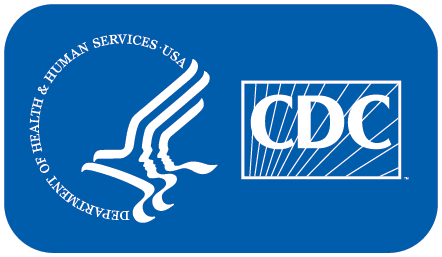

The goal of this course is to promote the use of current evidence-based practices for investigation, evaluation, and certification of drug toxicity deaths. This course is comprised of four modules described below. If you are taking this course for Continuing Education (CE) credit, please see instructions below.
At the conclusion of the session, the participant should be able to:
Recommended browser: For optimal functionality, we recommend that you use Google Chrome (latest version) as your viewing browser. If you are using a different browser, the program may not work as expected.
The ultimate goal of the medicolegal death investigation is to provide information to determine a truthful, logical, and scientifically unbiased statement of the cause and manner of death. The medical examiner or coroner may issue the death certificate for deaths within their jurisdiction.
Note: This module will open in a new window. You must return to this page upon completing the module.
The scene investigation of any drug-related death requires a complete investigation of the circumstances of death, the death scene, and past medical history. When prescription and illicit drugs are suspected, there are special considerations that apply to the investigation of the death scene.
Note: This module will open in a new window. You must return to this page upon completing the module.
In this module, you will cover specifics on the significance of autopsy and postmortem toxicology in the investigation of suspected drug toxicity deaths. Medical examiners/coroners and toxicologists must work together to evaluate all circumstances as they relate to a case.
Note: This module will open in a new window. You must return to this page upon completing the module.
This module provides instructions on completing the medical section of the certificate of death for acute drug toxicity deaths, sometimes referred to as overdose or poisoning deaths.
Note: This module will open in a new window. You must return to this page upon completing the module.

In support of improving investigation and certification of death, this activity has been planned and implemented by Centers for Disease Control and Prevention and RTI International. The Centers for Disease Control and Prevention is jointly accredited by the Accreditation Council for Continuing Medical Education (ACCME), the Accreditation Council for Pharmacy Education (ACPE), and the American Nurses Credentialing Center (ANCC), to provide continuing education for the healthcare team.
CME: The Centers for Disease Control and Prevention designates this enduring activity for a maximum of (3.75) AMA PRA Category 1 Credits™. Physicians should claim only the credit commensurate with the extent of their participation in the activity.
CEU: The Centers for Disease Control and Prevention is authorized by IACET to offer (0.4) CEU's for this program.
DISCLOSURE: In compliance with continuing education requirements, all planners and presenters/moderators must disclose all financial relationships, in any amount, with ineligible companies over the previous 24 months as well as any use of unlabeled product(s) or products under investigational use.
CDC, our planners, and content experts, wish to disclose they have no financial relationship(s) with ineligible companies whose primary business is producing, marketing, selling, reselling, or distributing healthcare products used by or on patients.
Content will not include any discussion of the unlabeled use of a product or a product under investigational use.
CDC did not accept financial or in-kind support from ineligible companies for this continuing education activity.
Instructions for Obtaining Continuing Education (CE)
To receive continuing education (CE) for WB4884-Investigation and Certification of Drug Toxicity Deaths, please visit CDC TRAIN and search for the course in the Course Catalog using WB4884. Follow the steps below by 11/01/2026.
Need ABMDI credits for this course?
IMPORTANT: ABMDI credits can only be obtained by completing this training on RTI International's Forensics Sciences Training site. Once you have completed the training on the RTI site you will be given instructions on how to obtain ABMDI and CME credits.
Download PDF containing references for all modules
Download PDF containing the annotated bibliography for the Opioid Position Paper
Acknowledgement: We would like to express great appreciation to all the individuals who made this project possible. We would like to offer special thanks to Dr. Daniel Dye of the University of Alabama at Birmingham School of Medicine, who provided extensive knowledge and expertise to the content development for this training. We would also like to thank the National Association of Medical Examiners (NAME) for their support during the development of the position paper and this training. We are particularly grateful for the assistance given by the CDC staff who worked so hard on this project, including Dr. Margaret Warner and Dr. Kelly Brown. We also wish to acknowledge the help provided by the pilot test participants' who volunteered to evaluate the training, to ensure its effectiveness.

Disclaimer: CDC, our planners, our content experts, and their spouses/partners wish to disclose they have no financial interests or other relationships with the manufacturers of commercial products, suppliers of commercial services, or commercial supporters. Planners have reviewed content to ensure there is no bias. CDC did not accept commercial support for this continuing education activity.